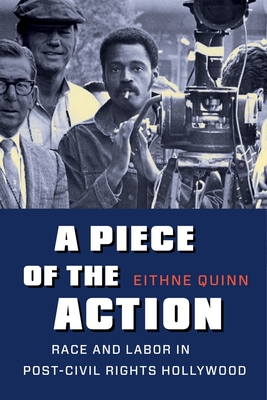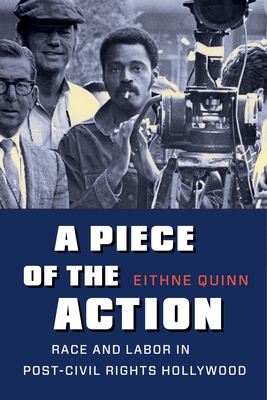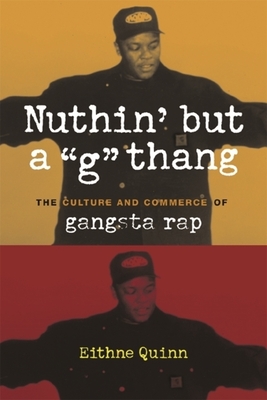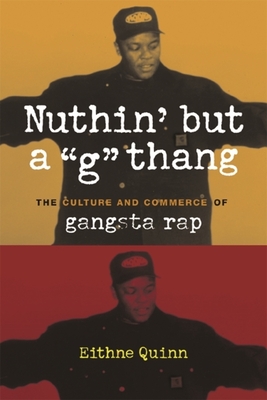Eithne Quinn
Eithne is the author of two books, Nuthin' but a G Thang: The Culture and Commerce of Gangsta Rap (Columbia University Press, 2005) and A Piece of the Action: Race and Labor in Post-Civil Rights Hollywood (Columbia University Press), which won the 2020 BAAS Book Prize.
She is Leadership Fellow on the Arts & Humanities Research Council project Prosecuting Rap: Criminal Justice and UK Black Youth Expressive Culture (2020-21).
Eithne has also published multiple peer reviewed articles in the areas of race, representation, cultural industries and justice and has been interviewed by the press and written several blogs.
Research Interests
My research concentrates on race politics in the cultural industries and criminal justice system since the mid-1960s in the US and UK, with a particular focus on black popular culture and white institutional and identity politics.
My most recent research project examined race politics in Hollywood since the 1960s, exploring Hollywood's heightened symbolic representation of race on screen and also the battles to reform and transform its production cultures behind the scenes in a period of profound reconfiguration. Monograph A Piece of the Action: Race and Labor in Post-Civil Rights Hollywood (Columbia University Press, Jan. 2020) and articles in Journal of American History, Screen, Popular Communication, Velvet Light Trap and Cinema Journal. This work has been supported by a Leverhulme Trust Fellowship and an Arts and Humanities Research Council (AHRC) small grant.
Another central research focus is hip hop studies. My previous book Nuthin' But a 'G' Thang: The Culture and Commerce of Gangsta Rap (Columbia University Press) looked at the vernacular histories, commercial contexts, and social significance of gangsta rap in the 1980s and 1990s. I developed my long-term interest in rap music in the age of inequality with the article "Occupy Wall Street, Racial Neoliberalism, and New York's Hip Hop Moguls" (American Quarterly, 2016). This work in hip hop studies has been supported by two AHRC small grants.
Following the publication of my gangsta rap monograph, in 2008, I started serving as a legal expert for the defence in cases in which defendants' rap lyrics and videos were relied on as incriminating evidence. This work in hip hop and criminal justice was an impact case study in REF2014, and led to an international workshops on Prosecuting Rap in October 2015 and July 2021 at University of Manchester and an AHRC Leadership Fellowship Prosecuting Rap: Criminal Justice and UK Black Youth Expressive Culture for 2020-21.
Source: The University of Manchester
Books by Author
Videos








